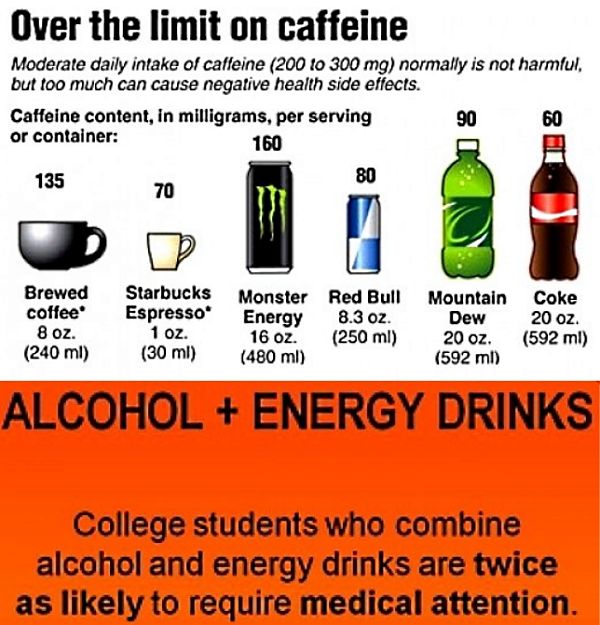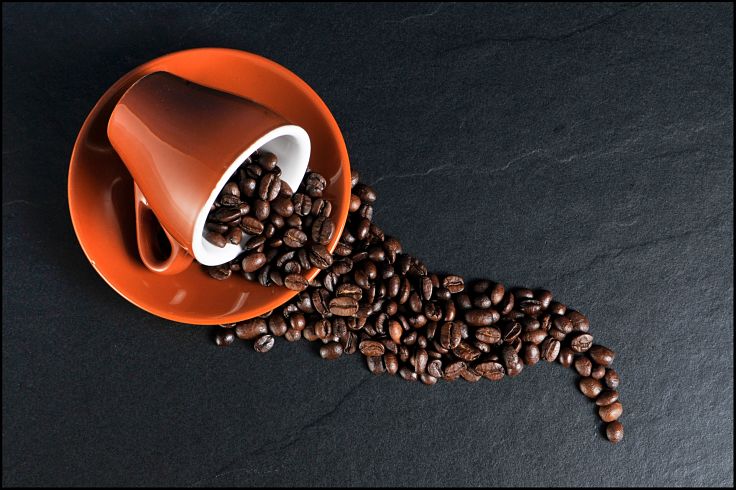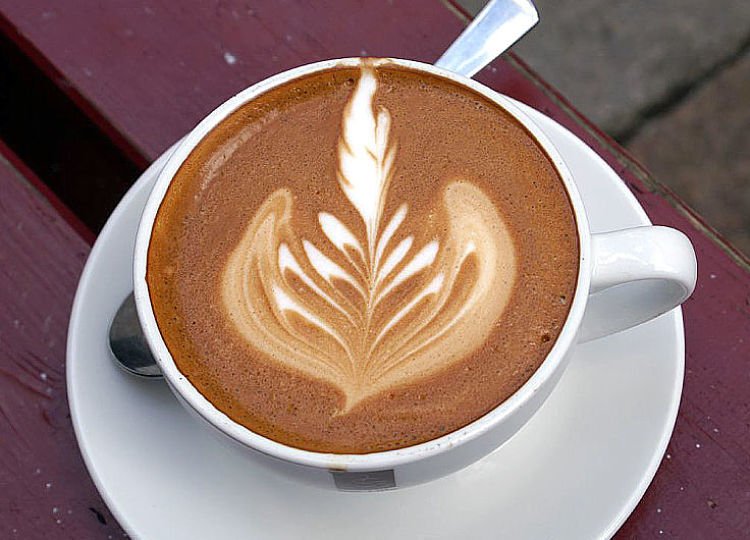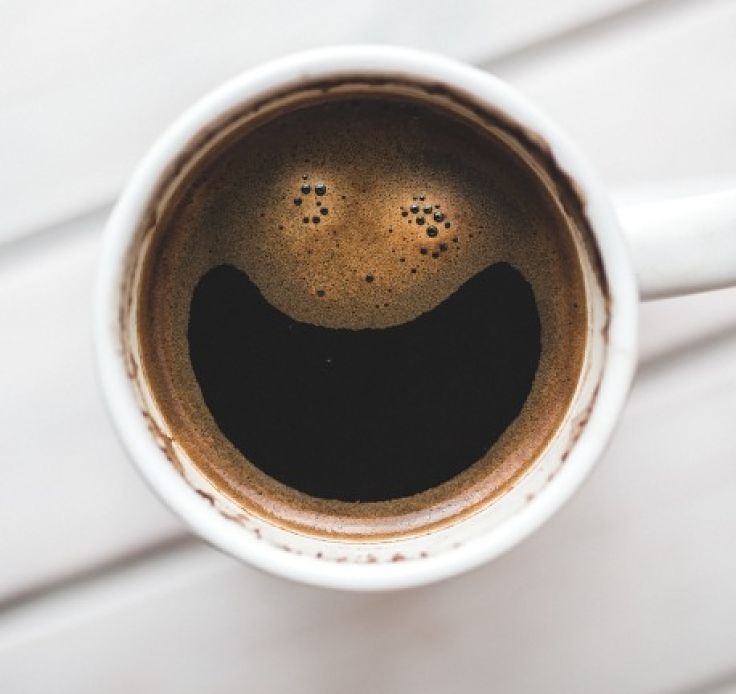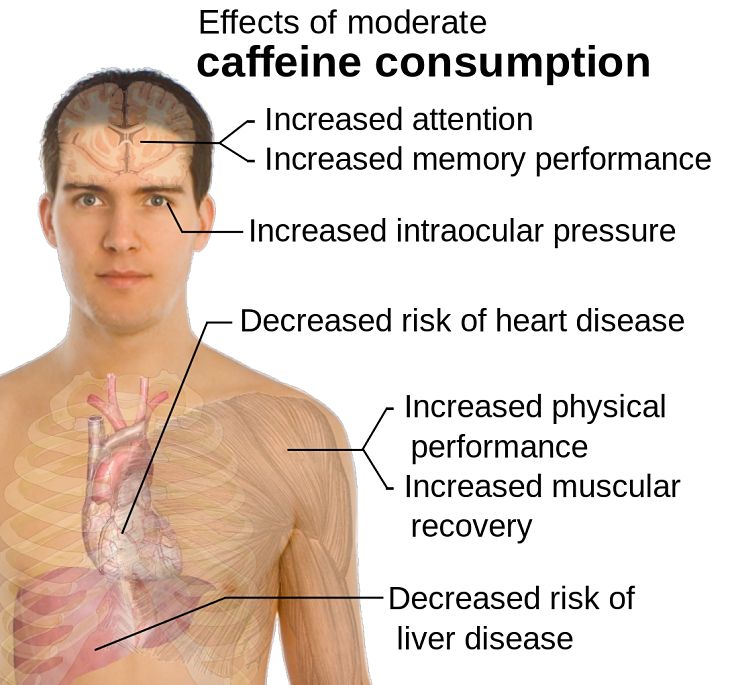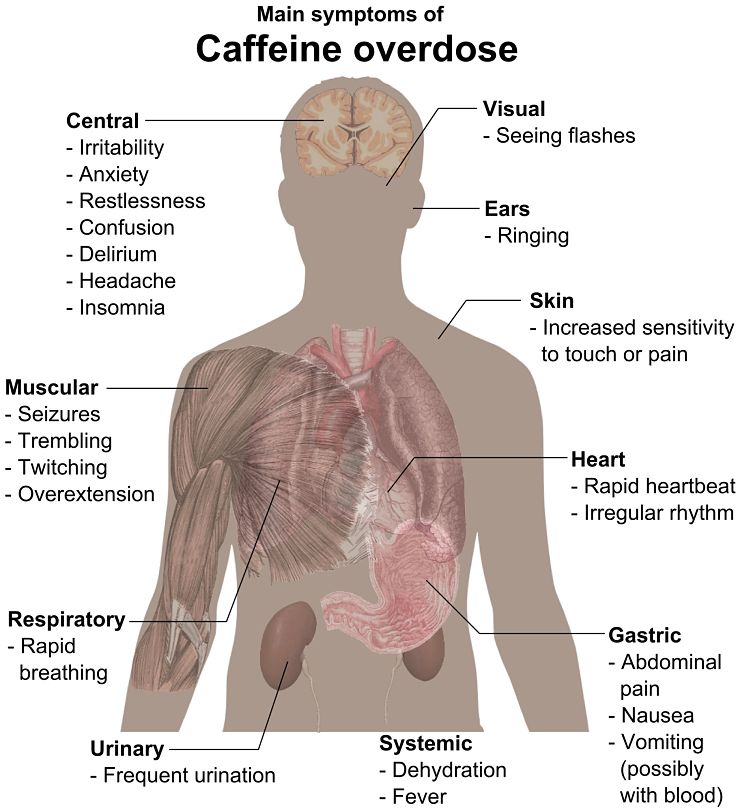Benefits of Coffee and Caffeine for Team Sports and Gym Workouts
New research has confirmed what every coffer lover already knew caffeine (coffee) helps you feel better and perform better in races and exercises for virtually all sports and physical activities. Many previous research studies have shown the benefits in endurance sports like distance running and cycling. Several athletes have been convinced in the past of having high levels of caffeine in their blood but it is now no longer a banned substance. The World Anti-Doping Agency took caffeine off its list of banned substances in 2004.
High caffeine levels in sports drinks and tablets can be dangerous and there have been a number of deaths linked to mixing sports drinks and alcohol and excess doses of caffeine. However until recently there was little research to confirm that caffeine is beneficial for sports such as lifting weights and teams sports such as soccer and basketball.
Benefits of Caffeine and Coffee for Athletes and Exercise
The benefits of caffeine for endurance athletes, apart from the mental stimulation and elevated heart rate has been linked to increases in endurance by increasing the amount of fatty acids circulating in the bloodstream. This helps athletes to run or ride their bikes longer especially when their carbohydrate sources are starting to run out. The muscles can absorb the fatty acids from the bloodstream and burn them for fuel. This would appear to have few benefits for the power athletes such as weight lifters and aerobic short interval sports such as soccer.
Caffeine is the most popular drug used to enhance sporting performance and training. Recent drug-testing data has shown that about 70% of the 20,680 Olympic athletes that were assessed in a recent study had caffeine in their urine. The use highest use was amongst cyclists, triathletes and rowers.
In a recent study, researchers in England recruited 13 fit young men as subjects for a study of the effects of caffeine. The subjects performed a set weight-training workout on several occasions. An hour before one set of workouts, the men drank an energy drink containing caffeine that was a sugar-free, to eliminate the stimulation provided by the sugar. For another set of workouts the subjects drank a caffeine-free version of the same beverage an hour before they stated exercising. The subjects were required to perform the set of lifts, presses and squats, until they were exhausted for each exercise. The number of repetitions for each group and exercise was recorded
The result showed that after consuming the caffeinated beverage, the men did significantly more repetitions for the exercises. When asked, the people who has consumed caffeine said that they felt less tired during the entire exercise period and were much more willing to repeat the work out session.
The caffeine boosted their performance, boosted their feelings about their capacity to do the training and their enjoyment of it. They felt less tired after taking caffeine and were willing to repeat the session sooner than when thy had no caffeine. The reason for the boost in performance was not examined during this study.
Another study looked at how caffeine performance during a gruelling set of exercised designed to simulate the exertion required during a game of soccer or basketball. The study showed that caffeine boosted performance by about 16 %. Studies of the athletes showed that the caffeine induced a drop in potassium levels in fluid between their muscles. This could boost anaerobic performance which is usually accompanied by and increase in potassium levels causing decreased performance.
The beneficial effects of caffeine on brain function, particularly general mood and well-being, alertness and coordination of muscle activity has been shown many times. Soccer players who consumed caffeine before training shown enhance performance for dribbling, passing, heading and kicked the ball. Their accuracy was enhanced. For more information on the health benefits of caffeine
see: Coffee Health Benefits | Caffeine in Coffee Reduces Risk of Depression
Various researchers have issued warnings about possible side effects and negative consequence of overdosing on caffeine The best dose for improved performance is unknown as is the dose at which there may be negative effects. Athletes taking high doses of caffeine have shown the shakes and jitters and may cause dangerously high blood pressures. Volunteers in the gym trials discussed previously has doses equivalent to about five large cups of brewed coffee.
It is also likely that as will other drugs, people who regularly consume caffeine before a workout of a game may get habituated to caffeine and may have to take larger and larger amounts to get the same effect. The better approach was to only take smaller amounts during training and to save the larger does for the 'big' games. However everyone should avoid overdoing it as very high levels of caffeine especially in pills and sports drinks can be dangerous.
Though there is not exact information it is generally recommended that consuming up from 300 mg (moderate) to 500 mg (very high) of caffeine per day is safe (3-6 large cups of brewed coffee). The response to caffeine varies greatly between individuals. Consuming in excess of 300 mg caffeine per day may make you very jumpy and 'spaced out' and give you the 'jitters.' High doses of caffeine may make you sleepless, irritable, subject to mood swings, high blood pressure, headaches, nervousness and may even cause anxiety attacks and diarrhoea.
Most people won't even get close to the 'high' levels by consuming coffee, caffeinated food (such as chocolate) and drinks. However widely available drugs sold over the counter, such as Vivarin, No-Doz and Dexatrim contain relatively high amounts of caffeine (100-200 mg caffeine) and taking several tablets can easily exceed the safe dose.
Caffeine has a half-life of about 6 hours, so for example, 200 mg of caffeine taken at 5 p.m., will reduce to 100 mg of caffeine at 11 p.m. This is important for ensuring that caffeine does not interfere with sleep. People should stop consuming caffeine in the late to mid afternoon.
Health risks of Sports Drinks
Despite their names so called 'Sports Drinks' or 'Energy Drinks' can also be loaded up with lots of sugar. A standard drink may contain a quarter of a cup of sugar. Also, because they are marketed in the dietary supplements category, many contain unregulated herbal stimulants such as Guarana, Taurine, Creatine and B group vitamins. Doctors say this can be a dangerous mix adding to the stimulant effect of the caffeine.For more details about this issue. See: Energy Drinks: Side Effects, Health Concerns, Dangers with Alcohol
In fact, the medical journal Pediatrics warned that energy drinks has caused children and adolescents to suffer from seizures, severe heart palpitations, strokes, and even sudden death.
There have been major warnings about mixing sports drinks with alcohol that greatly increases risk of heart rhythm problems. Mixing alcohol with energy drinks is done because it overcomes the depressant effect of alcohol so that people feel they can drink more and not be affected by the alcohol. However this is purely a mental stimulation and the effects of the alcohol on driving ability are not improved. the caffeine in these drinks can mask the depressant effects of alcohol.
Drinkers who consume alcohol + energy drink cocktails are 3 times more likely to binge drink and are much more likely to experience sexual assault, to sexually assault someone else, and drive while under the influence of alcohol. Major accidents have been attributed to drinking energy drinks mixed with alcohol.
